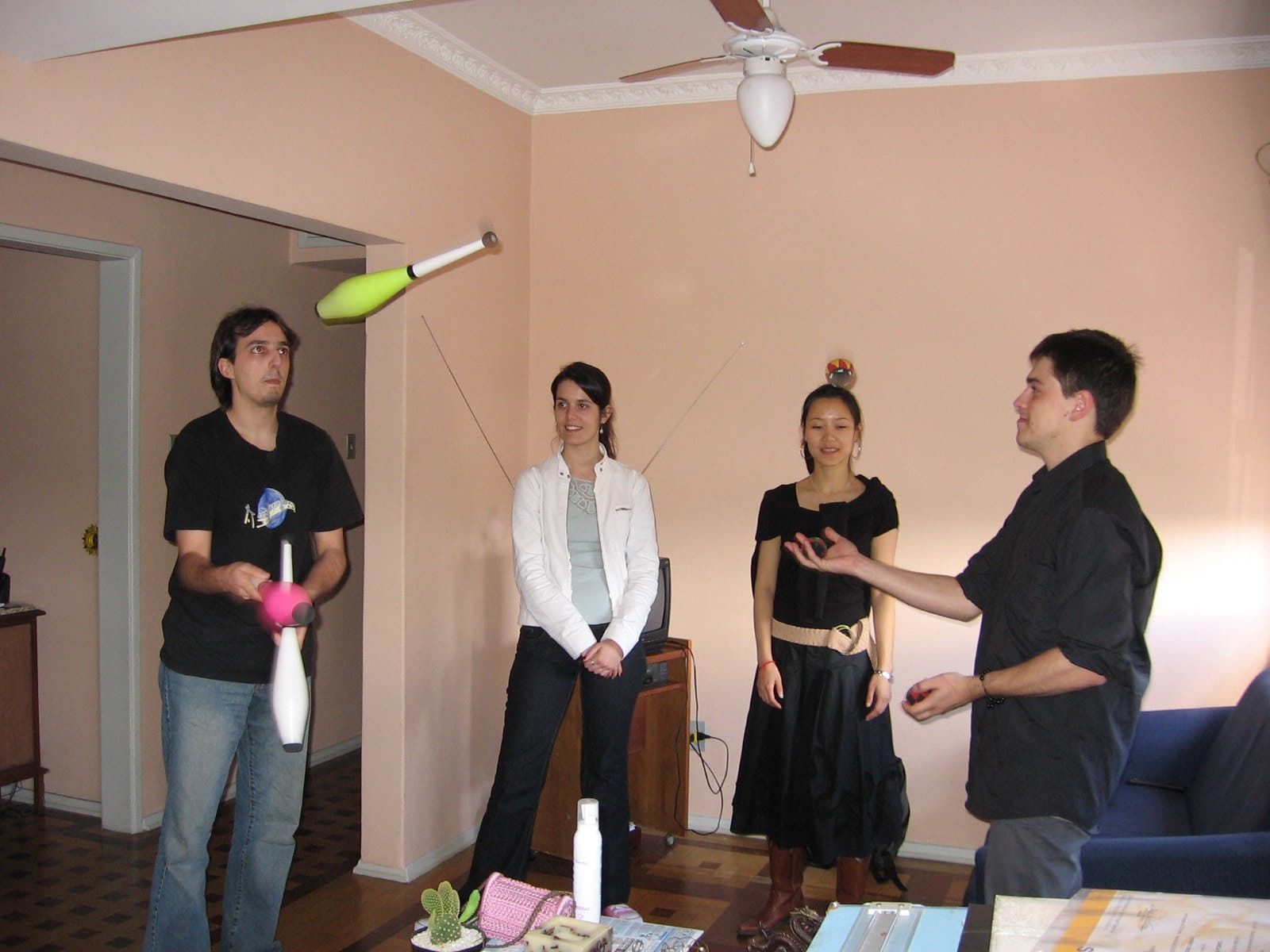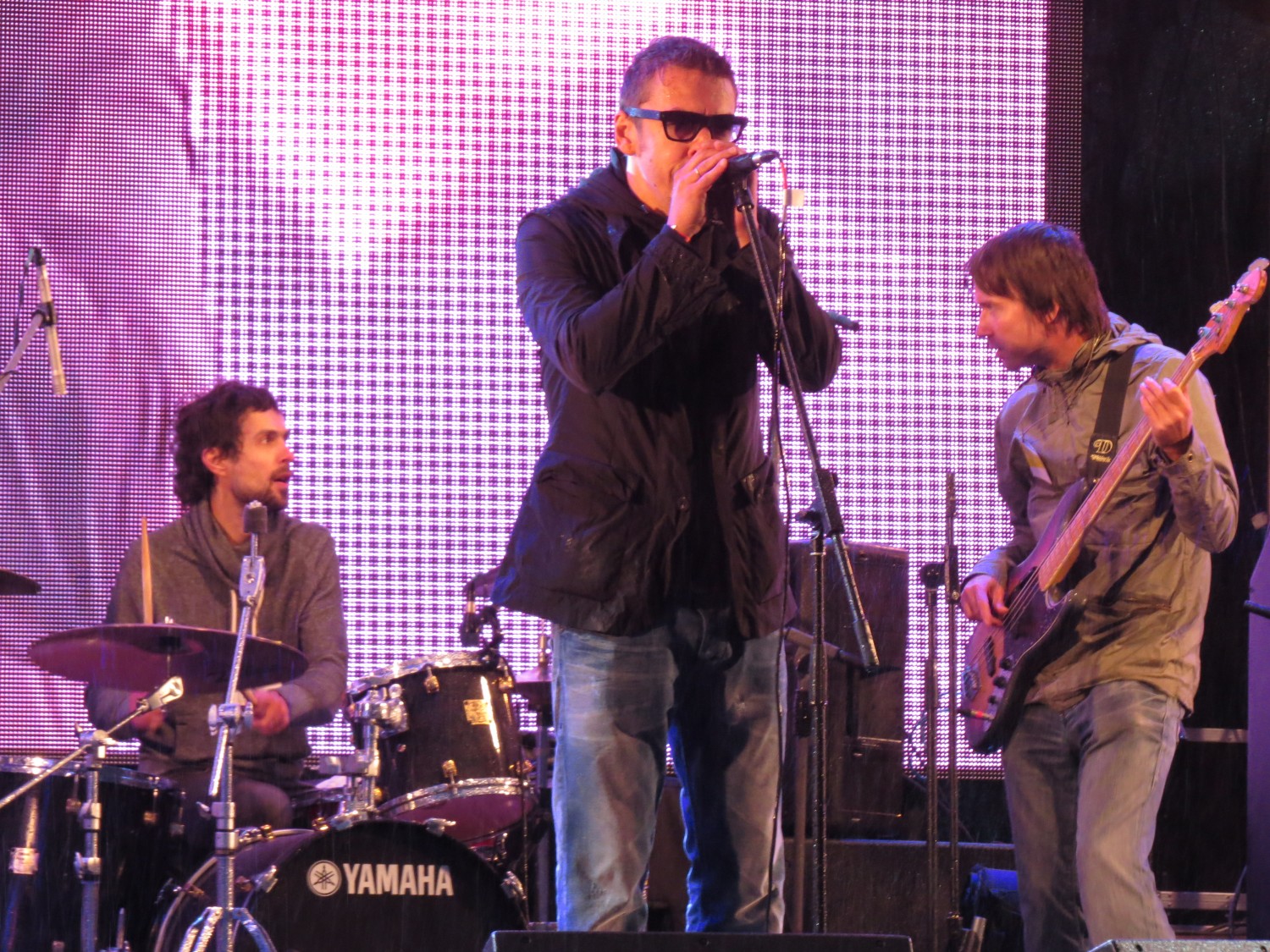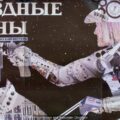The following bilingual Russian MiniLesson is meant to build your vocabulary by providing Russian phrases within English text. Hover over the bold Russian to reveal its English translation.
is a popular genre of humor in Russia. It usually consists of a list of “one-liners,” which rely on words with double-meanings, illogically juxtaposed sentences, misused words or idioms to create a comic effect. The result is an “out of the mouths of babes” humor, attributing illogical, vulgar, and/or sublimely wise quotes to innocent or naïve speakers. Below are some examples of that we found amusing – and fairly tame.
Explanation: Here, the writer has left out a word. He/she should have said , but instead has basically said “hung (executed) Byron.”
Explanation: The sentence seems to imply seems to imply that Lermontov was born while his mother was elsewhere and is therefore humorously illogical.
Translation: Andrei Bolkonsky often went to see the oak tree, with which he shared a resemblance like two peas in a pod.
Explanation: First, note that the Russian idiom “как две капли воды” is literally translated “as two drops of water” but is closest in meaning to the English “like two peas in a pod”).
The writer most likely meant that Andrei Bolkonsky, a character from Tolstoy’s War and Peace was like the oak tree in character – in this case referring to the character’s lethargy. However, the reader’s first impression from this sentence is that Andrei actually looked exactly like an oak tree. A clearer phrasing for the intended thought would have been .
Explanation: The writer means that Lisa picked flowers for a living to support her mother, and not that Lisa fed flowers to her mother as might be assumed on first impression. The writer would have been better understood if he/she had written .
Explanation: The word “уборная” was used during Onegin’s time to mean “dressing room.” In modern usage, however, it most often means “toilet.” The writer would have been better off to use the word the more modern word “раздевалка” or even the phrase “комната для переодевания” in place of “уборная.”
Explanation: The author is discussing Lermontov’s A Hero of Our Time. In this story, Maksim Maksimovich is an elderly male army officer. The sentences above are juxtaposed in such a way as to imply that Pechorin had also kidnapped Maksim Maksimovich in order to begin a love affair with him. The writer should have wrote more specifically that (it didn’t work for him in his friendship with Maksim Maksimovich either).
Explanation: While the author may think that anyone of importance should go to the airport when planning to travel, there were no airports in the mid-19th century when Gogol wrote his play The Inspector General in which the main character Khlestakov bungles his way to momentary fame and fortune. Here, the student has likely not fully read the text before writing his report.
Explanation: Buratino is a wooden doll, the main character of the book The Golden Key, or the Adventures of Buratino (1936) by Aleksey Tolstoy. The book is a loose Russian adaptation of The Adventures of Pinocchio by Italian writer Carlo Kollodi. Papa Carlo carved Buratino from a log and the verb “вырубить” does have the secondary meanings of “to carve out” and “to make.” However, its primary meaning is “to cut down” (as in a tree) and often is often used as slang to mean “to lay out flat,” meaning to hit someone so hard they fall over. It would have been clearer for the writer to write .
Explanation: is most often associated in classic Russian literature with an approaching carriage. The springs used as a suspension system for carriages were large and uncovered, with time would age and rust, and thus older carriages were often quite noisy.
Here, though, the sentences are juxtaposed to infer that the grand duchess herself was noisily creaking as she approached. The author should have said
Explanation: In , a play by Alexander Ostrovsky, Kabanikha is an overbearing mother-in-law who seeks out weaknesses in Katerina and preys upon them to make Katerina’s life miserable. The student-critic who wrote the above sentence, however, has mistaken the Russian phrase “слабое место” which means “weakness” or “weak point” for “мягкое место” which literally means “soft spot,” but is also used as a euphemism for “buttocks.”
Explanation: The word “легкоранимый” means “thin-skinned,” which means that they were easily insulted. However, the above phrase seems to imply that if poets had thicker skin (or maybe better armor), they would not have been so vulnerable to bullets.
Explanation: In Pushkin’s epic poem Evgeny Onegin, the title character undergoes a significant character transformation after meeting the character of Tatyana as the two are placed in situations in which societal norms are called into question. However, the sentence above seems to imply that Onegin actually inflated after meeting Tatyana, physically becoming wider and deeper. The thought would be better expressed with the sentence .
Explanation: In this sentence from an essay on history, the comic effect is created by the phrase which literally means but which is often used to say that someone has become promiscuous. The addition of further implies that Napoleon was promiscuous on an absurdly regular basis.











